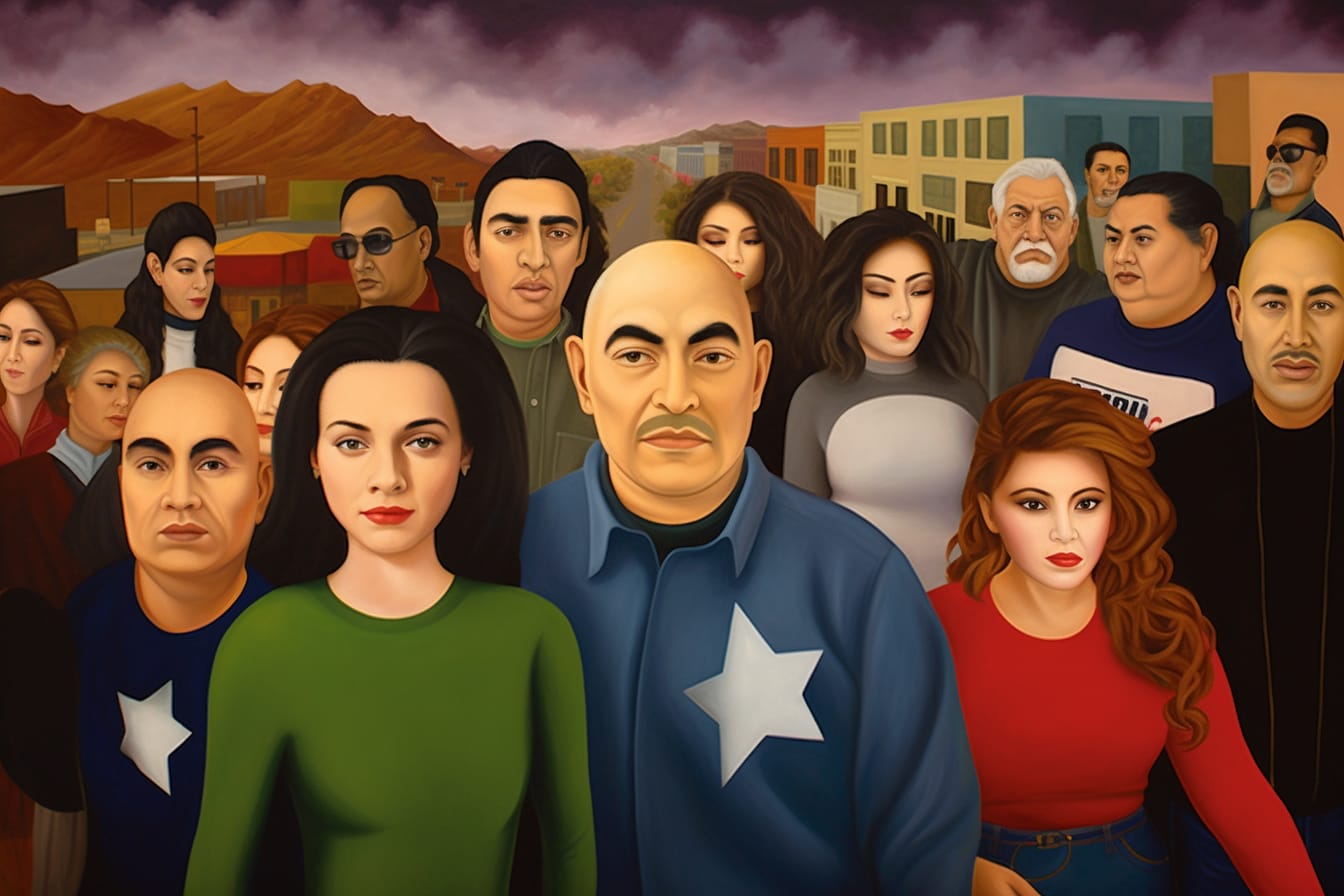This article is bilingual. Scroll down for the English translation.
Pensar y sentir diferente en nuestros países de origen latino siempre será motivo de percepción apática ante nuestros gobernantes y sus seguidores acérrimos.
Gobernantes que, ya ahogados en su sed de poder y ganancias económicas, arrastran a un pueblo incauto hacia un abismo cada vez más profundo de incertidumbres para mejores y propias oportunidades.
¿Qué lleva a un líder social a querer anteponer muchas veces su vida misma o bienestar personal por un servicio a la comunidad, pocas veces bien recibido o valorado?
Son sentimientos altruistas, sentimientos de cambio, sentimientos de igualdad y un conglomerado de ideas, pensamientos, que desea su comunidad implante para dejar un mundo cada vez mejor a nuestros hijos, nietos y demás descendencia que tal vez no podamos disfrutar pero que podrán recordarnos y celebrar la igualdad, de oportunidades y logros realizados por nuestro apoyo incondicional a una sociedad que hoy se contamina más fácil por las mal llamadas influencias de redes sociales, que, por un libro, una poesía o una persona que promulgue un deporte, estudio, un verdadero trabajo en comunidad.
Esperamos abrir un espacio en estas líneas, para el deseo de unión y de trabajo en comunidad. Y que para nuestra próxima entrega podamos llegar con pensamientos, ideales y proyectos de un líder social que vive de forma paralela, dos situaciones: la de su país a la distancia y la de un país que abre sus puertas para las oportunidades que queremos plasmar en nuestra sociedad día a día.
Un país en donde las ONG abundan, muchas de ellas para dar verdadera ayuda al inmigrante, otras tantas en la mira del mismo pueblo por solo aparecer de nombre y poco apoyo, otras tantas organizaciones ya contaminadas por nuestras malas costumbres, como el popular C.V.Y. (Cómo voy yo), que tanto desangran nuestras culturas, tierras, proyectos y futuro de nuevas generaciones.
¿Qué rancho, pueblo, ciudad, país queremos dejar para las nuevas generaciones?
Feelings of a social leader from a distance
Thinking and feeling differently in our countries of Latin origin will always be a reason for apathetic perception among our rulers and their staunch followers.
Rulers who, already drowned in their thirst for power and economic gains, drag an unwary people into an ever-deepening abyss of uncertainties so they (the rulers) have better and better opportunities.
In contrast, what causes a social leader to so often put service to the community above their own life or personal wellbeing, even though it is rarely well received or valued?
The social leader is driven by altruistic feelings — feelings of change, feelings of equality and a conglomerate of ideas. Thoughts that your community wants to implement in order to leave an increasingly better world for our children, grandchildren, and other offspring that, though we may not be around to see it, will be able to remember us and celebrate the equality, opportunities, and achievements brought about by our unconditional support for society (a society that today is more easily influenced by contaminated social networks than by a book, a poem, or a person who promotes a true community work).
We hope to create space along these lines. We desire to create unity and community works. For this upcoming era, we will arrive with well-thought-out ideas, projects for a social leader who lives two parallel lives in tandem: that of their mother country from a distance, and that of the country that has opened its doors to us, allowing for the opportunity to improve our society day by day.
In this country, nonprofits abound, many of them giving real help to immigrants. But many other organizations that claim to help people are charities in name only, offering little tangible support. These others are already contaminated by our bad habits, such as the tendency toward comparison and competition that so bleeds the culture from our lands and projects, and the future of new generations.
What ranch, town, city, and country do we want to leave for new generations?
Como coloquialmente se dice: La idea no se tortura con el cambio natural de las cosas; se le mata con el cambio instituido.
As it is colloquially said: The idea is not tortured by the natural change of things; it is killed by the instituted change.

